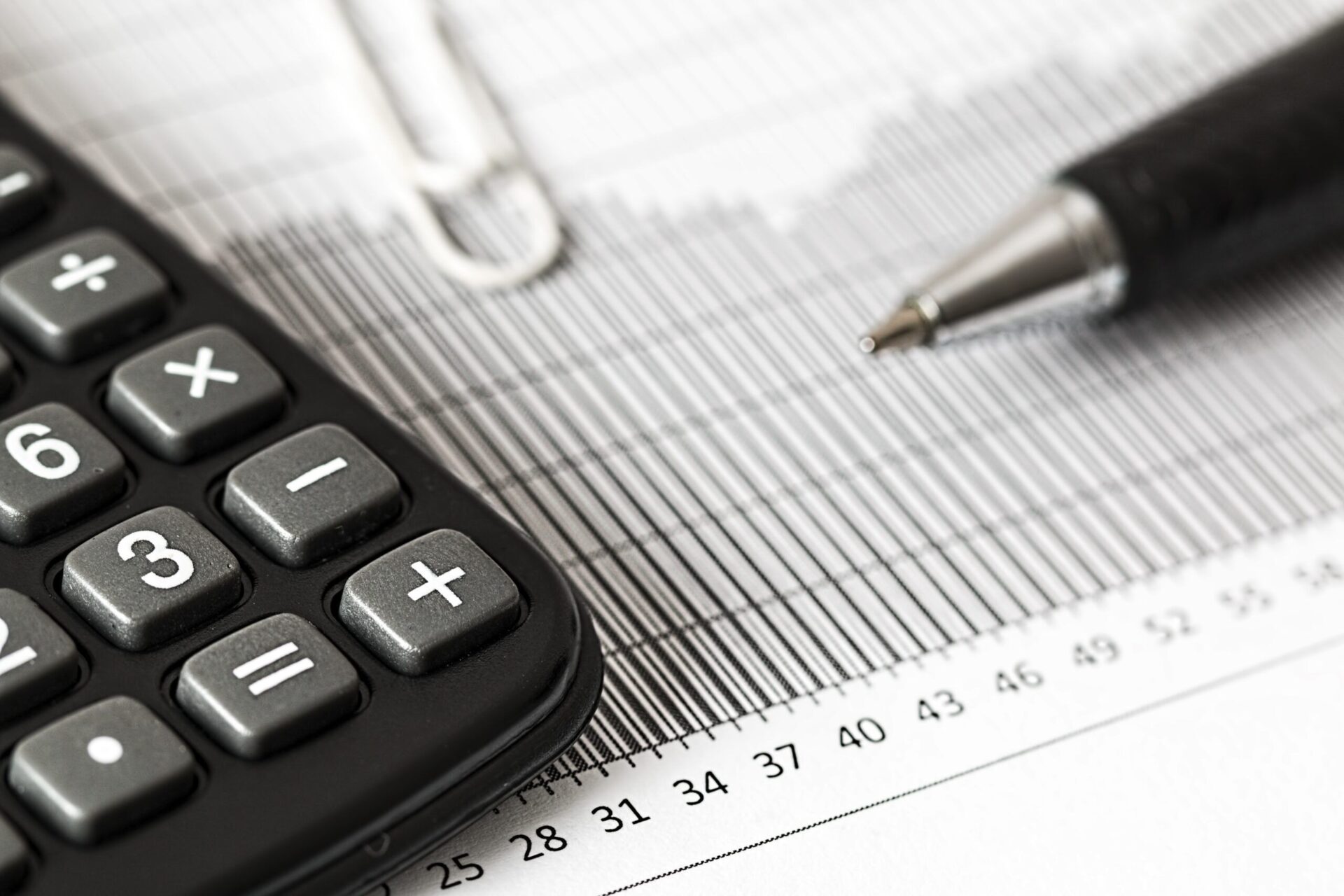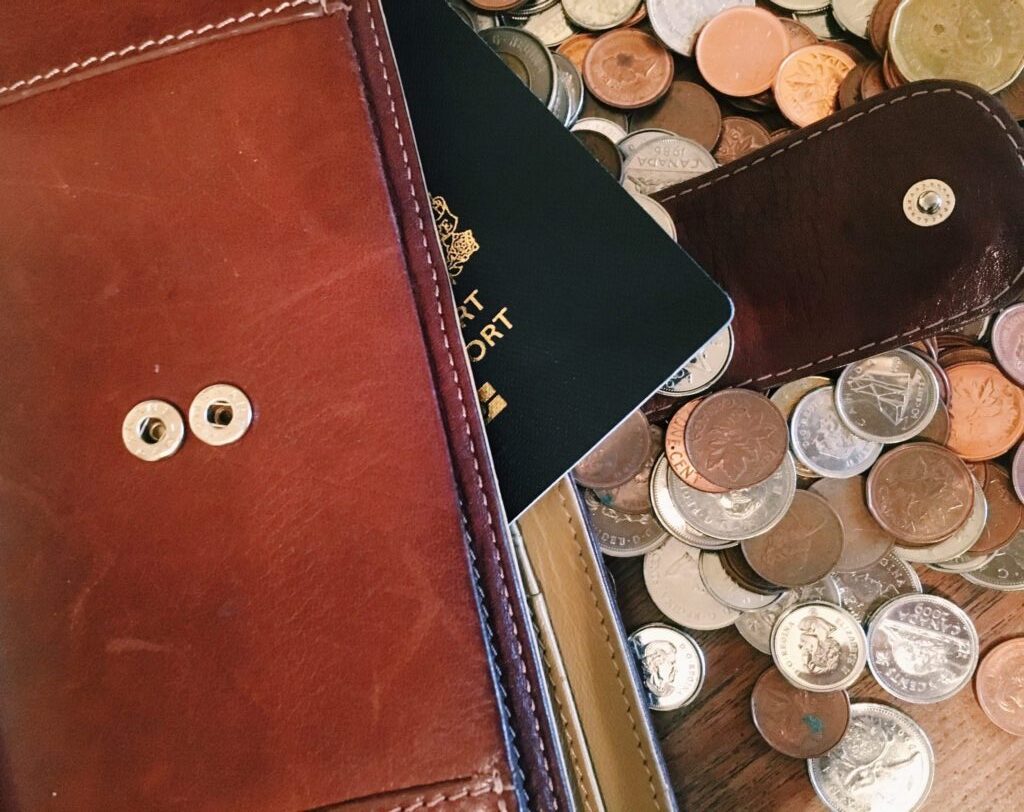Tax is an important part of society, supporting essential public services and government functions. In Canada, the Canada Revenue Agency (CRA) is responsible for administering tax laws and collecting taxes owed by both individuals and businesses. While often a smooth process, there are times when individuals find themselves in a situation where they owe the CRA a significant amount of money. One rule with tax debt is that it is best to tackle it sooner rather than later – the CRA can take legal action if left unhandled. While this can seem intimidating, at Spergel, we have been helping Canadians to gain tax debt relief for over thirty years. We treat every individual with compassion and understanding – no matter how much tax debt you have, we will help to find a solution. In this article, we share the implications of owing a large amount of tax debt, as well as the options for addressing it. So, what happens if I owe the CRA a lot of money?
How do I find out how much tax debt I owe?
In order to understand what you might owe to the CRA, you first need to file your tax return. If you have not filed your taxes for a few years, you will need to file your tax returns from previous years too. The tax return deadline for personal income tax returns in Canada is April 30, or June 15 if you have self-employment income. Do note that you may face penalties if you file your taxes late. By filing your taxes on time, you can avoid penalties which may make your tax debt larger. If you think that you might owe a lot of tax, you might understandably be scared to file your tax return. Yet it is not possible to work on a solution until the tax return has been filed. The sooner you file, the sooner you can work to reduce or clear your tax debt entirely. Once your taxes have been filed, you will receive a Notice of Assessment for each year. This will detail any interest or penalties that you might owe. It will also request you to make a payment to the CRA if required.
What happens if I owe the CRA a lot of money?
Of course, there are no problems if you owe the CRA a lot of money and you can simply make your payment. The issues arise when tax debt is left unaddressed and continues to escalate. The CRA has more power than any other creditor. Here are some of the consequences you might face if you owe the CRA a lot of money:
- Interest and penalties. The CRA will charge interest on any overdue tax. This is also often compounded daily, meaning the amount will increase each day. You could also face penalties for late payment on the outstanding balance.
- Collections. If your CRA debt goes unaddressed, the CRA may decide to collect on your tax debt. This might include:
- Persistent collection calls
- Wage garnishment
- Freezing your bank account
- Seizing assets
- Placing a lien on your property
- Initiating legal proceedings to recover the debt
- Negative impact on your credit score. Left unhandled, tax debt can have a negative impact on your credit score. This, in turn, might affect your ability to secure loans, mortgages, or credit cards.
- Offsets on refunds. If you are eligible for a tax refund in the future, the CRA could apply the refunds to any outstanding debt that you owe.
How to address substantial tax debt
If you find that you owe a lot of money to the CRA, there are some simple steps you should take to mitigate the consequences on your financial wellbeing and mental health. There are as follows:
- Contact the CRA. It is really important to be transparent with the CRA as soon as you realize you have a tax debt issue. Ignoring the problem will only make things worse. You can discuss your circumstances, explore options, and they may even be open to negotiating a payment plan.
- Negotiate a payment plan. The CRA offers various payment arrangements, including instalment plans, which allow you to pay off your debt in manageable monthly payments. Be prepared to provide detailed financial information to demonstrate your ability to meet the payment terms. It is within the CRA’s interest to reclaim the money they are owed, and so they will help you to do so where they can.
- Consider financial hardship: If you’re facing financial hardship, you may be eligible for relief programs. The CRA might temporarily delay collection actions or adjust the terms of repayment based on your financial situation.
- Explore your debt relief options. You might feel most comfortable booking a free consultation with a Licensed Insolvency Trustee if you are unsure of what to do next. They are the only professionals in Canada legally able to file all forms of debt relief, and so are well placed to review your financial circumstances and advise you on your options for reducing or clearing your tax debt. Consumer proposals and bankruptcy are popular options.
How to gain tax debt relief
If you think you need help in reducing or clearing your tax debt relief altogether, help is available. At Spergel, our expert Licensed Insolvency Trustee can help you to assess your debt relief options, which include the following:
Debt relief programs
In exceptional circumstances, the CRA may relieve you from penalties and interest on your tax debt. Do note that it will not reduce the amount of tax debt principal that you owe, just the penalties and interest. In order to qualify, you must be able to prove that you are unable to pay your tax debt due to financial difficulties and extenuating circumstances. Examples include medical illness or natural disasters that might have prevented you from paying your tax debt.
Filing a consumer proposal
As tax debt is an unsecured debt, this means Canadians can file a consumer proposal to clear their debts. Consumer proposals are the process of suggesting an affordable monthly payment figure to your creditors, and your Licensed Insolvency Trustee will negotiate on your behalf. If accepted, you will only need to pay your manageable monthly repayment, and the remainder of your tax debt will be cleared. Consumer proposals can reduce your debts by up to 80%. At Spergel, we receive a 99% acceptance rate on any consumer proposals we file which means you have a 99% chance of reducing your debts by 80%.
Filing bankruptcy
Finally, if you’ve tried all other bankruptcy alternatives and still cannot repay your tax debt, you might want to file bankruptcy for a fresh financial future. Bankruptcy is the process of assigning any non-exempt assets you might have over to your Licensed Insolvency Trustee in exchange for the clearance of your debts. These will be sold, with any proceeds going towards the repayments of your debt. When you are discharged from bankruptcy, you are completely freed of your debts, including any tax debts.
How to avoid tax debt in the future
If you have tackled facing a large amount of debt owed to the CRA, you might want to know how to avoid tax debt in the future. The best method is prevention. Here are some of our top tips to avoiding owing a lot of money to the CRA:
- Keep accurate records. You should keep thorough records of your income, expenses, and any tax-related documents. This will help you to ensure that you accurately report your income and claim eligible deductions.
- Pay your taxes on time. Ensure to stay organized and meet any tax filing deadlines to avoid late-payment penalties and interest charges. Set up reminders if this helps you to stick to the deadline.
- Estimate the taxes you might owe. If you are self-employed or have income that varies, you might want to make estimated tax payments throughout the year to avoid a large tax bill at the end.
- Speak to a Licensed Insolvency Trustee. If you are unsure of what to do with your financial circumstances, you should seek advice from a Licensed Insolvency Trustee who can review your financial circumstances and suggest appropriate forms of debt relief. At Spergel, unlike other bankruptcy firms, you will be assigned your very own Licensed Insolvency Trustee to walk you through the debt relief process, instead of passing you from person to person.
Further questions on ‘what happens if I owe the CRA a lot of money?’? We know that owing a substantial amount of money to the CRA can be a challenging and stressful situation. If you are worried, book a free consultation with one of our experienced Licensed Insolvency Trustees to gain professional guidance on resolving your tax debts once and for all. Reach out today – you owe it to yourself.



















